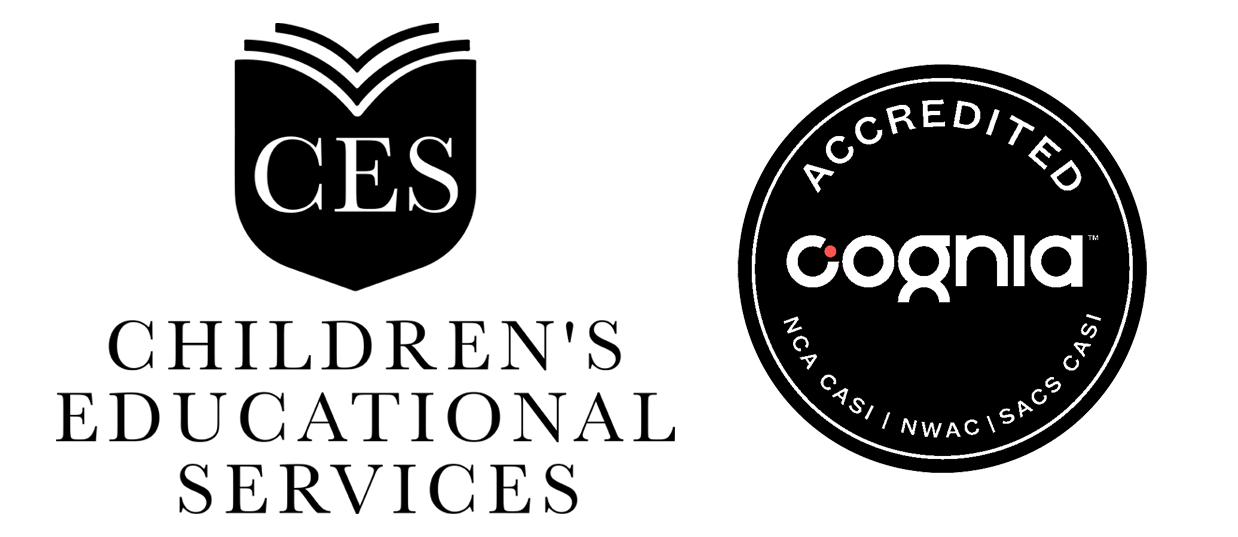Now more than ever, there is a need for proactive engagement in your child’s academic journey. This involvement is instrumental in equipping students with the tools they need to face challenges head-on and foster a positive learning environment. By embracing and integrating the following tips, parents can meaningfully contribute to their child’s academic success, empowering them to enter the classroom confidently and enthusiastically.
Establish A Routine
Creating a structured routine for your child during the school year is essential for their success and well-being. Start by establishing morning and night routines, covering specific wake-up times, meals, free time, and a consistent bedtime. This structure provides stability for your child and instills healthy habits that contribute to their overall development. Additionally, it helps create a conducive environment for learning.

Stay Organized
Establishing structure and organization is essential for returning students, as it significantly contributes to cultivating time management skills. Students can seamlessly navigate their academic and personal commitments by incorporating practical systems such as planners or digital tools. Time management skills not only help in reducing stress and anxiety but also enhance overall productivity. Furthermore, organizational tools promote accountability, ensuring students stay on top of their tasks and due dates, setting them up for academic success.
In addition to time management skills and organizational tools, maintaining a clutter-free workspace creates better focus and concentration and positively impacts learning outcomes. Eliminating potential distractions allows students to fully immerse themselves in their studies, creating an optimal setting for absorbing and retaining information. Effective time management and a well-organized workspace form the foundation for a successful school year.
Break Up Studying
Implementing strategic breaks during study sessions is a highly effective technique for students returning to school. Purposeful interruptions, lasting around 5 to 15 minutes, play a crucial role in enhancing information retention and concentration levels. These breaks allow students to engage in quick physical activities, mindfulness exercises, a quick snack break, etc.
Not only do these intentional breaks prevent burnout, but they also contribute to the formation of consistent study habits. The emphasis on keeping breaks brief and purposeful ensures that students maintain focus while providing their brains with necessary moments of rejuvenation.
Taking breaks while studying also prevents mental fatigue and boosts creativity and problem-solving skills. These short breaks allow your brain to process information subconsciously, leading to a better understanding of the material and ultimately making it easier to tackle complex problems upon your return. Embracing strategic breaks as a regular part of your study routine supports cognitive functions and promotes a healthier attitude towards learning, establishing a more balanced and sustainable academic routine.

Seek Out Extra Help
Encouraging your child to address academic challenges proactively is critical to a successful school year. If your child is facing difficulties in specific subjects, prompt them to seek additional help at an early stage. This approach could involve contacting their teachers for clarification, joining study groups with classmates, or even considering hiring a tutor.
By taking these steps, your child can and will enhance their understanding of the material while improving their academic performance. Academic success often hinges on collaboration and a willingness to learn from others, and the pursuit of extra help exemplifies a strategic commitment to achieving excellence in school.
The value of seeking additional support goes beyond getting better grades. It instills in your child a sense of responsibility and resilience, teaching them that it is okay to ask for help when needed. This mindset can be instrumental in their long-term educational journey and personal development. By fostering a proactive and collaborative approach to learning, you set the foundation for a successful and fulfilling academic experience for your child.
Author:
Becky Ward, Education Experience Specialist at Tutor Doctor, an internationally renowned tutoring franchise. With years of experience in the education industry, Ward creates resources for tutors, works with the franchisees, has been a tutor herself for decades, and is a certified Junior Kindergarten through grade 12 teacher with special education teaching qualifications.


